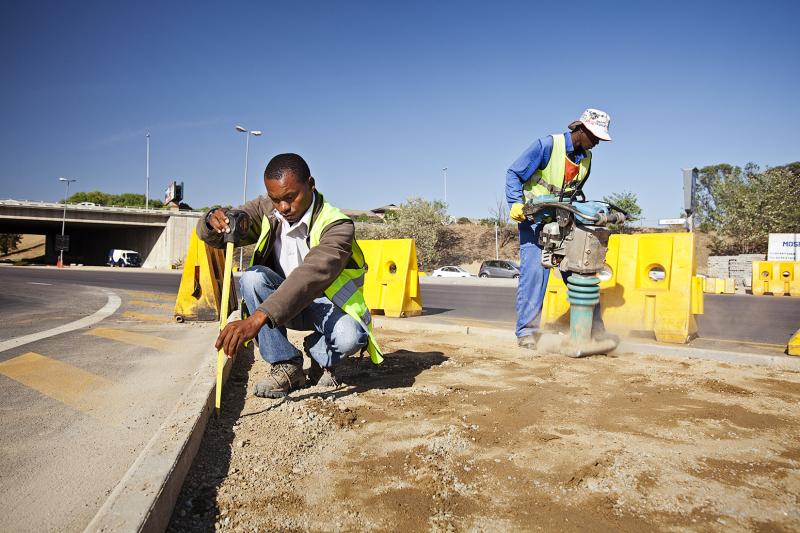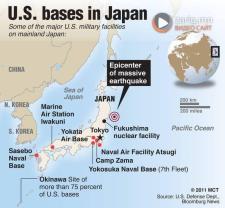Is China involved in Africa’s construction and infrastructure sector?
Yes, China has been significantly involved in Africa's construction and infrastructure sector for several years. The relationship between China and African countries in this regard has grown substantially, driven by mutual economic interests. Here are some key points to consider:
Investment in Infrastructure Projects:China has invested heavily in various infrastructure projects across Africa. This includes the construction of roads, railways, ports, airports, and telecommunications networks. These projects aim to improve connectivity within African countries and enhance their overall economic development.
Funding and Financing:China provides financing for these projects through a variety of means, including loans, grants, and concessional financing. The terms of these financial agreements have been a subject of discussion, with some African countries expressing concerns about debt sustainability.
Chinese Construction Companies:Chinese construction companies are actively involved in implementing these infrastructure projects. They bring in expertise, technology, and manpower for the construction of major infrastructure developments. This has led to the presence of Chinese firms in various African countries.
Partnerships and Cooperation:China often engages in partnerships and cooperation agreements with African governments to execute these projects. These collaborations are often facilitated through forums like the Forum on China-Africa Cooperation (FOCAC).
Strategic Interests:China's involvement in Africa's infrastructure is seen as part of its broader strategy to secure access to the continent's natural resources and markets. Africa's growing population and emerging markets make it an attractive region for Chinese investments.
Criticism and Concerns:Despite the positive aspects, China's involvement in Africa's construction and infrastructure sector has faced criticism. Some concerns include the environmental impact of certain projects, the sustainability of debt incurred by African nations, and the potential for unequal economic partnerships.
Belt and Road Initiative (BRI):China's Belt and Road Initiative, a global infrastructure development strategy, has also influenced its engagement in Africa. Many African countries have signed agreements with China under the BRI framework, leading to increased infrastructure development projects.
Overall, China's impact on Africa's construction and infrastructure sector is significant, with both positive and negative aspects. It is an evolving relationship that continues to shape the economic landscape of the African continent.
Is China actively involved in Africa's construction and infrastructure sector?
Yes, China is actively involved in Africa's construction and infrastructure sector. In fact, China is the largest financier and builder of infrastructure in Africa. According to the Center for Global Development, China accounted for 31% of all construction projects in Africa with a value of $50 million or more in 2020.
What projects or initiatives demonstrate China's role in Africa's construction industry?
There are many examples of China's involvement in Africa's construction industry. Here are a few:
- The Addis Ababa-Djibouti Railway, which connects Ethiopia and Djibouti, is a major Chinese-financed and constructed infrastructure project. The railway is 750 km long and cost $4 billion to build.
- The Mombasa-Nairobi Railway in Kenya is another major Chinese-financed and constructed infrastructure project. The railway is 472 km long and cost $3.8 billion to build.
- The Lagos-Ibadan Railway in Nigeria is a third major Chinese-financed and constructed infrastructure project. The railway is 156 km long and cost $1.5 billion to build.
In addition to these large-scale projects, Chinese companies are also involved in a wide range of other construction projects in Africa, including roads, bridges, airports, and power plants.
Are there economic or geopolitical implications associated with China's involvement in Africa?
China's involvement in Africa's construction industry has both economic and geopolitical implications.
On the economic side, China's investment in infrastructure has helped to boost economic growth in Africa. The projects that Chinese companies are working on are creating jobs, improving transportation and communication networks, and providing access to electricity and other essential services.
On the geopolitical side, China's growing influence in Africa has raised concerns among some Western powers. Some experts worry that China is using its economic clout to gain political influence in Africa. They also worry that China's investment in infrastructure is not always transparent or accountable.
However, it is important to note that China's involvement in Africa is not monolithic. There is a wide range of views on China's role in Africa among African governments, businesses, and civil society groups. Some African countries have benefited greatly from Chinese investment, while others have expressed concerns about the terms of Chinese loans and the impact of Chinese projects on local communities.
Overall, China's role in Africa's construction industry is significant and complex. China's investment in infrastructure has helped to boost economic growth in Africa, but it has also raised concerns about China's growing influence on the continent.




